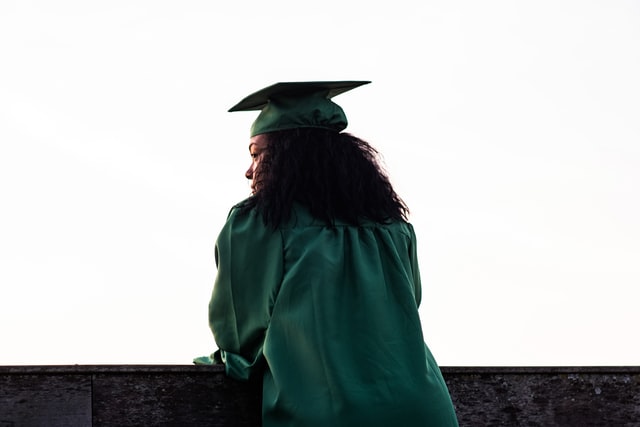Women Education in America, From History to Present Time
Colonial America, Against Women Education
In Colonial America, a woman getting higher education was an impossible thing as the male gender was given preference in the colleges. As a consequence, people held the opinion that if women would be employed in specific fields, it would prove as improper to the opposite sex. It was also believed that they do not have the intellectual capacity to participate in fields of science and technology and therefore, more hurdles were posed in their desire to acquire higher education. Another belief that prevented women to go to colleges was that their education must be limited to fields that may match their responsibilities as wives and mothers. The belief that they should be educated in separate settings matching their future roles as wives and mothers excluded them at times when domestic concerns prevailed (Eisenmann, 2007).
Last Decades, Equal Rights for Education
However, with the wave of feminism in the last decades of the eighteenth century, a number of institutions and valiant women came forward to fight for equal education rights in the United States of America for the feminine sex. The organizations supporting women presented tough arguments regarding the position of women in the society and made it crystal clear that women should be given equal opportunities to acquire higher education as they nurture a whole generation. They strongly supported the idea that women must be provided the same wide-ranging and useful education that men were offered. With the progression in the twentieth century, the world witnessed stability in the women colleges and their education turned out as publically acceptable (Masteller, 1998).
Nineteenth Century, Broadminded Perception
With the pasaage of time and revoltionized thinking in the society, college became a widely-acknowledged and honored place where young women could go and attain higher education (Masteller, 1998). The society started to accept the fact that woman can also read books and their sole purpose in not to look after their families, cooking and sewing etc. To put in simple words, the nineteenth century brought with it a broadminded perception regarding wome and higher education. The women gained freedom to choose whatever college they want to go to thereby diminishing “hostile public opinion, biased medical evaluations, and concerns ranging from preserving femininty to finding a job” (Masteller, 1998). The historical inequalities vanished and women got opportunities to acquire higher education according to their will as the American academic system started to accept women education as an inevitable element of societal progress (Masteller, 1998). It is exceedingly important to mention the name of Alice Freeman Palmer here as she was among the major figures that encouraged and supported higher education for women in the USA (“Palmer, Alice Freeman,” 2013).
Conclusion
It is important for the society to understand that women and education must not be separated because women like men, deserve to have equal accessibilty, just participation and opportunities to acquire education according to their wishes. When the historical experiences that the women had in the United States of America are reviewed closely, it is a crystal clear observation that the expectations for boys and girls were rather dissimilar as far as education was concerned. In times gone by, girls were raised with the sole purpose of making them competent enough to discharge duties in limited and certain roles like teachers, nurses etc. However, the opportunities for girls increased in a dramatic way with the introduction of Title IX and the implementation of the legislation regarding equal access to education. It is exceedingly necessary to “look back and reflect on the accomplishments of those from the past so that we might better encourage those who will go into the future” (Madigan, 2009) into new educational contemporary age.
References
Eisenmann, L. (2007). The Impact of Historical Expectations on Women’s Higher Education. Forum on Public Policy: A Journal of the Oxford Round Table , 1. Retrieved October 19, 2013, from http://www.questia.com/read/1G1-192639836/the-impact-of-historical-expectations-on-women-s-higher
Madigan, J. C. (2009). The Education of Girls and Women in the United States: A Historical Perspective. Advances in Gender and Education, 1, 11-13.
Masteller, K. C. (1998). Silent Sisters: Women’s Suffrage And Women’s Higher Education. The Concord Review , 1, 235-247.
Palmer, Alice Freeman from The Columbia Encyclopedia, 6th ed.. (2013). Questia. Retrieved October 19, 2013, from http://www.questia.com/read/1E1-Palmer-AF/palmer-alice-freeman
Home » Research »

